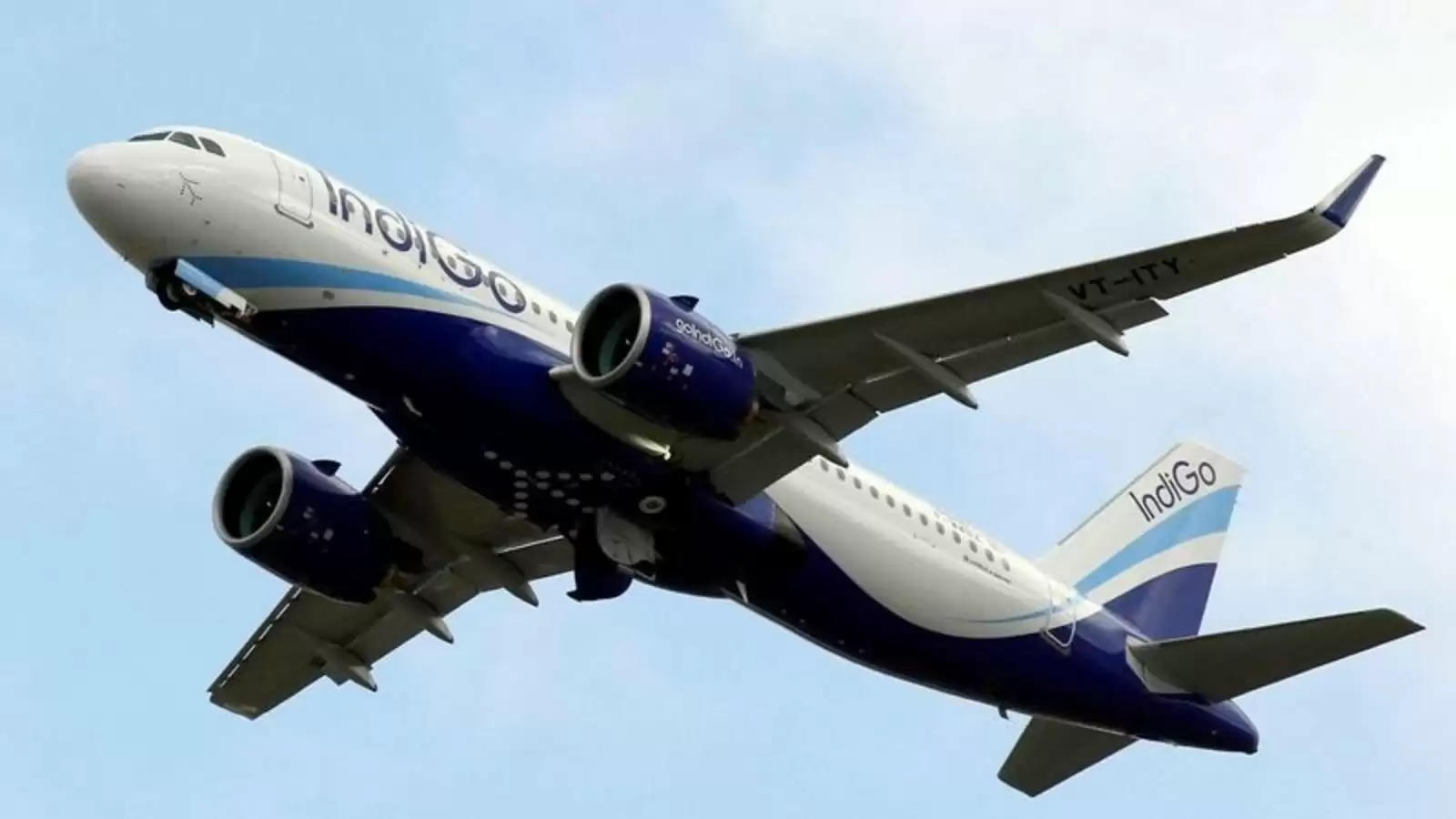As the market heats up, IndiGo may charge travelers for checked baggage.

IndiGo, one of Asia's largest budget airlines, is considering charging passengers for checked bags as it prepares for a pricing war in India's cutthroat air travel sector, which is showing signs of recovery after the worst of Covid.
Even though India's Directorate General of Civil Aviation ruled that carriers can start offering zero baggage and no check-in baggage fares in February — just before a deadly wave of the pandemic hit the South Asian nation — IndiGo, operated by InterGlobe Aviation Ltd., did not implement the so-called unbundling of fares. IndiGo's Chief Executive Officer Ronojoy Dutta said in an interview on Tuesday that regulatory restrictions on rates and capacity connected to Covid prohibited the company from making a choice at the time.
"We've been discussing it with the government," says the author "According to Dutta. "We're going to wait till things calm down before we lock something down."
IndiGo will compete with Go Airlines India Ltd., which is likewise attempting to unbundle baggage fees from airline tickets in order to promote itself as an ultra-low-cost carrier. IndiGo's decision to slash ticket prices even further would ratchet up competition among carriers known for driving fares so low that they barely cover costs, if at all. Many airlines have gone out of business as a result of the pricing wars in what was one of the world's fastest-growing aviation sectors prior to the pandemic.
Recovering Revenue
IndiGo is regarded as "unlikely." "As previously anticipated, the company would seek capital through a share offering to institutional investors, with air travel in India rebounding from the worst of the Covid illnesses, according to Dutta. In October, India authorized domestic airlines to run at full pre-pandemic capacity, but international flights were still restricted until at least November 30.
"To be honest, I don't think we need it right now because there isn't a third wave, and income is rebounding," she says "According to Dutta.
IndiGo, the world's largest customer for Airbus SE's best-selling A320neo jets, has no plans to fly routes that need wide-body aircraft, such as London, according to Dutta. Despite considering wide-body operations for a long time, the carrier has decided not to compete with Vistara, a joint venture between Singapore Airlines Ltd. and the Tata Group, which, as a full-service carrier, has a stronger foothold in the long-haul market than Air India Ltd., according to Dutta.
Nonetheless, IndiGo will grow international routes quicker than domestic routes to meet the rise in traffic pouring into and out of India in the seven-hour range, including to places such as Moscow, Cairo, Tel Aviv, Nairobi, Bali, Beijing, and Manila, according to Dutta. In five years, international routes will account for 40% of the carrier's capacity, up from 25% now, he said.
With billionaire investor Rakesh Jhunjhunwala's new airline Akasa, India's low-cost carrier market would grow crowded, according to Dutta. Air India, which is being sold to the Tata Group, and Vistara, which will operate as full-service carriers, have a "little space to themselves, which is wonderful, and they're isolated from us," he said.
.png)